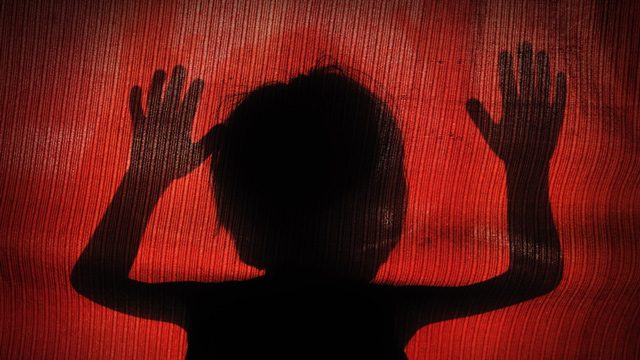SUMMARY
This is AI generated summarization, which may have errors. For context, always refer to the full article.

MANILA, Philippines – Advocacy group Center for the Prevention and Treatment of Child Sexual Abuse (CPTCSA) said on Friday, February 14, that boys, like girls, also experience forms of sexual abuse and they need interventions too.
The group conducted the study “Caring for Boys Affected by Sexual Violence” with the international network Family for Every Child Global Alliance. The study discussed the realities of boys who were sexually abused aged 17-24. The respondents came from the Philippines, Cambodia, India, and Nepal. (READ: When kids don’t know they are victims of sexual abuse)
Zenaida Rosales, executive director of CPTCSA, said that the issue of sexually abused boys were neglected as “our energies and neighborhood conversations about sexual abuse seem to focus only on our girls.”
Here are the major findings of the study:
- There are varying influences on boys regarding their views on sexuality, their views on being male, and on how these influences relate to potential perpetration or victimization regarding the abuse of boys.
- Pornography influences boys’ understanding of and shaping of their sexuality. It also affects their sexual behaviors and and their engagement in sex.
- Expectations placed on boys, as well as assumptions about being a male, can increase the exposure and vulnerability of boys on being abused.
- Cultural, family, and societal definitions of the roles of males and the expectations held out for boys in being male result in boys being less likely to report abuse or to seek support when abused.
- Boys view abuse differently when there is a transactional nature to the abuse. This is especially true of low-income males who see financial or material transactions as not abuse.
- The role of the father, within the context of what respondents view as the influence of the family, suggests the father is often absent and is a less influential factor than the mother except for instances of the child being a perpetrator.
- Individual and societal views of homosexuality play a role in the development of young boys’ ideas about sexual behavior and as such, impact on the experience of and means to address the sexual abuse of boys.
The study noted what boys need is to have equal protections, as compared girls. This includes protecting them from “misbehavior that could land them in trouble with the law and into long prison sentences.” Services like counselling should also be made available for them.
The stigma on boys being weak when speaking up about sexual abuse poses a major problem, too. The study noted family support appears to be the most important factor for sexually abused boys.
To address these gaps, Rosales said, “we need to balance the good work we do with girls with good work to do equally for boys.”
“We all need to hear the stories of the lives of boys, the pressures they face, the limited support that they receive, and the consequences of the cultural and social expectations we place on our males,” she added. – Rappler.com
Add a comment
How does this make you feel?
There are no comments yet. Add your comment to start the conversation.